As a species, our cells are designed to use sugar for energy. Is it any wonder that as humans evolved, we grew to love the taste of sugar?
Nowadays, we're the victims of our own efficiency at making foods sweeter. Now that morbid obesity and type 2 diabetes are common issues even among children, many of us are trying to wean ourselves off the white stuff and seek out healthier alternatives.
What Is Refined Sugar?
White table sugar comes from sugar cane or beets. It's been refined so as to remove any impurities. However, that also means that any nutrients from the original source are removed, too.
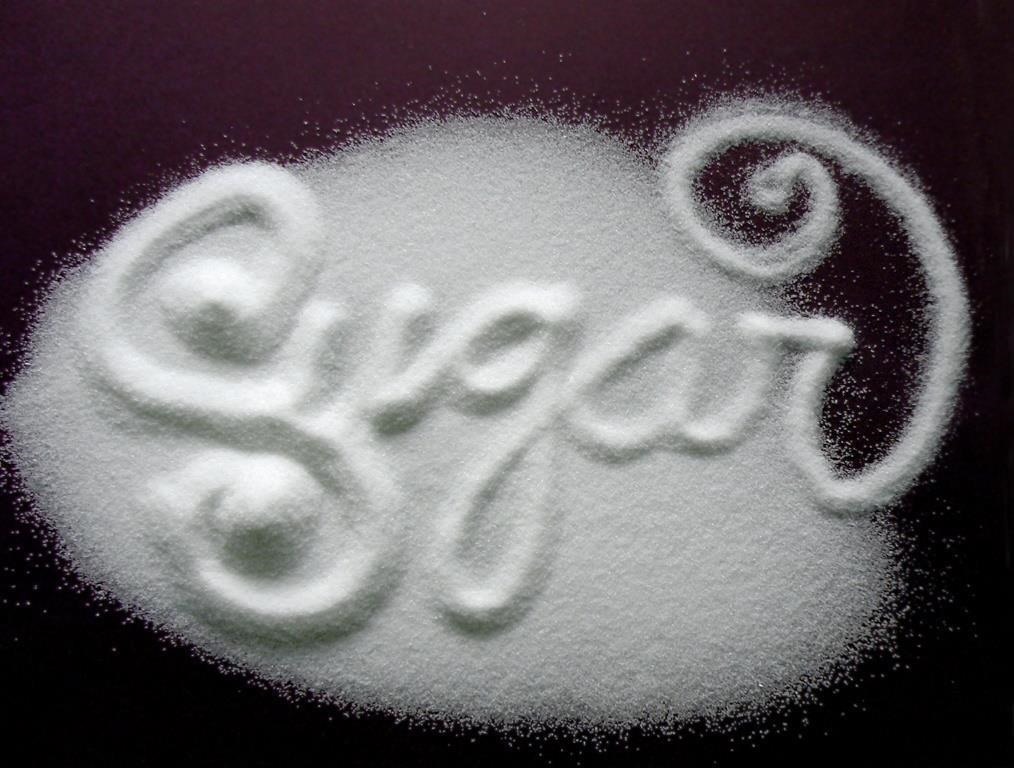
Some consider sugar toxic, including lauded food writer Mark Bittman and outspoken scientist Robert Lustig. A study by Lustig and three fellow scientists directly links higher sugar consumption with type 2 diabetes. Others, like Dr. David Katz, think that the sugar-is-evil argument is overblown.

The problem is that sugar wasn't meant to be consumed in the quantity that most of us currently eat. The World Health Organization recommends that an individual gets about 5% of his/her daily calories from sugar—that amounts to less than one soda per day.
Meanwhile, most Americans consume at least three pounds of sugar in one week. That's 156 pounds of sugar per person in one year.
Another problem is that sugar is addictive, so if you're consuming lots of sugar in your diet—well, you just end up wanting more.

A lot of this sugar consumption is unconscious, too. Nearly all prepared and packaged foods, from salad dressing to bread and even tonic water, have large amounts of refined sugar added to them to make them more palatable to consumers—including so-called "healthy" foods like whole-grain bread and yogurt.

Basically, if you want to start eating less sugar, you need to read package labels and cook more at home.
What About Brown Sugar?
There's a belief that brown sugar has more nutrients than the refined white stuff, and in my opinion, a lot of that is due to its color. So earthy! So natural! It must be good for you, right?

Wrong. Turns out brown sugar is basically just refined white sugar.
White sugar has been stripped of molasses, which originally gives it a brownish tint. Ironically, manufacturers simply add back molasses to give brown sugar its distinctive hue and taste.
While it does contain some nutrients thanks to the presence of said molasses, those amounts are minimal at best. This is true of several types of brown-colored sugar, including sugar in the raw, turbinado, and demerara. Piloncillo, muscovado, jaggery, and sucanat, however, are much less refined sugars and do contain nutrients.

Are Artificial Sweeteners Better for You?
When artificial sweeteners were invented, they seemed like a godsend to dieters and diabetics—something that could give you the taste of sweetness with zero calories? Hallelujah!
The FDA has approved five artificial sweeteners: saccharin (derived from coal tar and most popularly sold under the name Sweet 'N Low), acesulfame (Sunnett, Sweet One, and Sweet & Safe), aspartame (NutraSweet and Equal), neotame (the newest artificial sweetener to be approved and approximately 8,000 times sweeter than sugar), and sucralose (Splenda).

However, medical professionals are concerned with the use of artificial sweeteners. There are studies that show people who consume fake sugar in the form of diet sodas usually end up gaining more weight than those who drink regular soda.

Other doctors are concerned that regular or overconsumption of artificial sweeteners can alter the way your tastebuds work.
Dr. David Ludwig points out that artificial sweeteners are hundreds or thousands times sweeter than sugar and that overstimulating your sugar receptors can limit your tastes for other kinds of food.
In other words, you may actually train your taste buds to crave only artificially flavored foods and skip healthy, nutritious, unprocessed foods if you regularly consume artificial sweeteners.

For a while, there was some concern that artificial sweeteners, especially aspartame, caused cancer, but most of those fears have been allayed. Most studies have shown no direct link between these types of sweeteners and cancer.
What About Stevia?
Stevia, unlike the artificial sweeteners discussed above, is actually derived from a plant (the most prized species being Stevia rebaudiana). However, the no-calorie sweeteners like Truvia and PureVia that are stevia-derived use an extract of the stevia plant, Rebaudioside A, to create a substance that is 200 times sweeter than sugar.
"Reb A" as it is known, is approved as an artificial sweetener, while whole-leaf stevia or other stevia extracts are sold only as dietary supplements.

Are Artificial Sweeteners Good for Baking/Cooking?
My personal feeling is that cooking or baking with artificial sweeteners is not desirable and should be avoided unless you are diabetic or have another medical condition that requires you to eschew plant-based sweeteners.
Just from a taste perspective, even the best of the artificial sweeteners tend to leave a tinny aftertaste and a weird film in my mouth in even the most skillfully made cookie or cake.
As the University of Illinois points out, "Sugar, however, does more than just make a recipe sweet. Sugar helps a product be tender and moist. It also helps make the familiar golden brown color of baked desserts and breads. Sometimes sugar is a main ingredient, as in cakes and cookies. When it is, replacing sugar entirely with artificial sweeteners may produce a product that is tough, flat, and dry, as well as gray in color. Remember that most artificial sweeteners only make a recipe sweet."

In fact, in a taste test, the cake cooked with aspartame wasn't sweet at all (apparently heat causes it to lose its sweetness).
Switching to Plant-Based & Less Refined Sweeteners
Personally, I love refined sugar, to the point where it wasn't uncommon for me to buy an economy-sized bag of M&Ms and finish that sucker in three days—four, tops. However, I noticed my high sugar consumption was having serious effects on my health (duh) and it was time for me to cut back.

Still, I had a sweet tooth and it needed to be satisfied.
I stopped prowling the candy aisles at my local supermarket and began baking at home and using less refined plant-based sweeteners in those goods. That meant making cookies, cakes, and muffins with honey, brown rice syrup, raw agave, maple syrup, barley malt syrup, or molasses.

Yacon syrup, date, and palm sugar are also good sweeteners to try, although they tend to be more expensive and I am cheap as hell.
Fruit Is a Natural Sweetener & It's Cheap Too
Actually, most of these "whole food" type sweeteners are pricier than a bag of C&H table sugar, so I started using some age-old reliable tricks to get more sweetness into my desserts without overtaxing my food budget.
Mashed bananas, pureed dates or prunes, and apple sauce are wonderful ways to add moistness and sweetness to baked goods.

Along the way, I switched to going gluten-free(ish), and baked using mostly whole grain or nut flours.
I would add, though, that I've never found much value in trying to make brownies with black beans and spinach, although I know that's become a trend. There's a point of diminishing returns when you try to make a dessert as nutritious as a salad. Also, spinach and black beans are delicious on their own and should be appreciated as such.

The True Test of Sweetness
A glorious thing happened after a few months on this new regimen: I found I could eat two cookies (okay, four) and be satisfied. One piece of cake, and I was done. I had no need to stand at the kitchen counter and eat half of a loaf of banana bread. One or two slices would do.
Was all the fiber from fruits and the whole grain and nut flours helping me to feel full? Or was it the plant-based sweeteners with their human-scale level of sweetness that didn't trigger me into a full-fledged sugar binge?

Why Less Refined Sweeteners Are So Great
Overall, less-refined sweeteners have two big advantages over refined sugar and artificial sweeteners: richer, more complex tastes and higher levels of nutrition.
Using fruit, like the aforementioned bananas, apples, dates, and prunes, mean that you add fiber and vitamins to whatever you're making. Plus, a chocolate cake that is underscored by the deep, rich, wine-y tones of prunes is kick-ass good.
Peanut butter and honey cookies carry the slight flavor of the flowers the bees pollinated to create said honey. Maple syrup in banana bread lends the loaf notes of caramel and coffee, while molasses in gingerbread is so robust and flavorful that white sugar seems insipid in comparison.

These types of sweeteners work well in savory dishes, too. A vinaigrette made with honey or maple syrup has an undeniable sweetness, but subtle undertones of other, more complex flavors.
Using muscovado sugar in your pork tenderloin's marinade brings out the flavor of the meat that regular, refined brown sugar just can't do.
How to Swap in Less Refined Sweeteners for White Sugar
Baking and cooking with these types of sweeteners are a snap. Many of these sweeteners (including honey and agave) are actually sweeter than white table sugar, so you can use less.
There are guidelines for swapping in these kinds of ingredients for the usual refined sugars used in most recipes, so make sure you do your research before you start making cakes with honey instead of white sugar.
In general, you use a little less of the liquid ingredients (¾ of a cup of honey for 1 cup of white sugar) while the dry you can usually substitute cup-for-cup. A good working guide to different types of less refined sweeteners and how to bake with them can be found here at Whole Foods.

Alas, no matter how much we wish it were so, refined sugar is never going to be good for you, especially at the rate we're currently consuming it. Even the plant-based, unrefined stuff should be eaten sparingly.
For better health and quality of life, most people need to eat more whole foods, cook at home, and limit sugar intake, period. Using date sugar does not turn a piece of cake into health food.
Just updated your iPhone? You'll find new emoji, enhanced security, podcast transcripts, Apple Cash virtual numbers, and other useful features. There are even new additions hidden within Safari. Find out what's new and changed on your iPhone with the iOS 17.4 update.
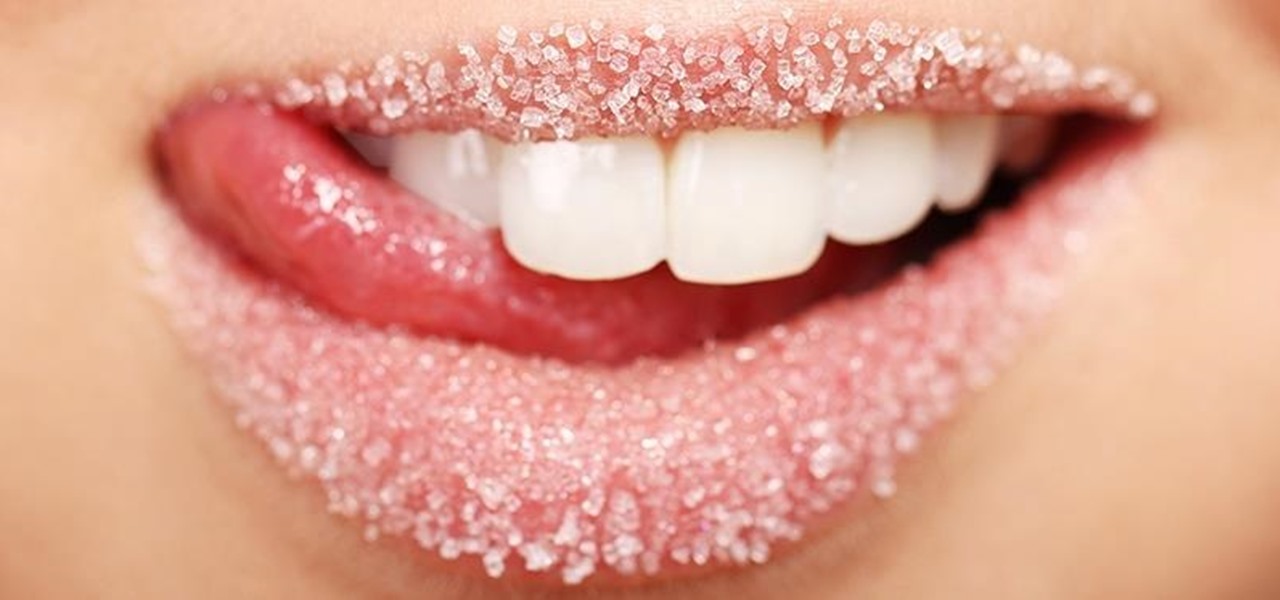


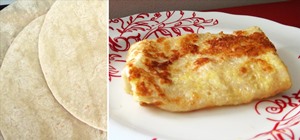
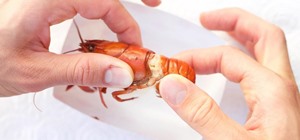
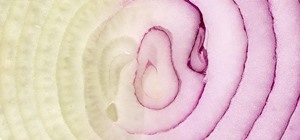
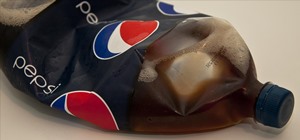
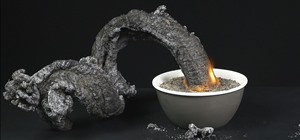
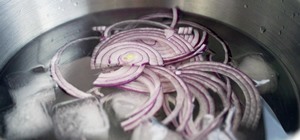
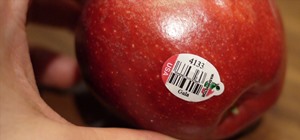
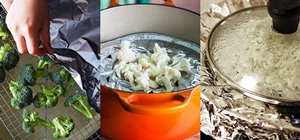
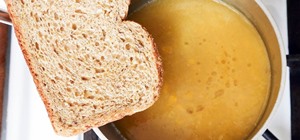

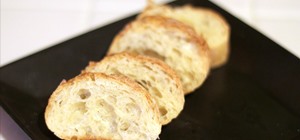
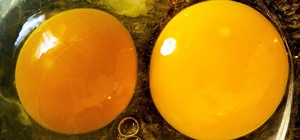
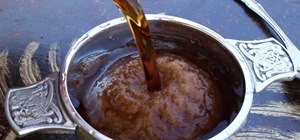
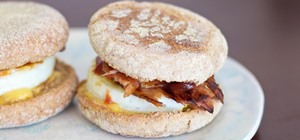
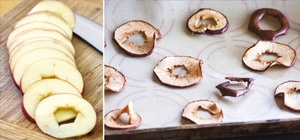
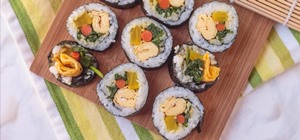
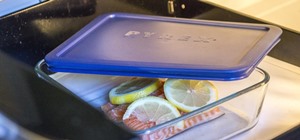
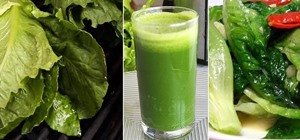
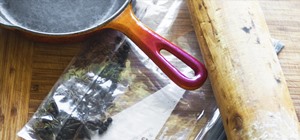
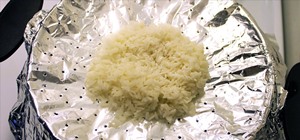
2 Comments
Thanks for the interesting article . I am on the SCD diet so I can't eat sugar and I will be sure to take what you said about artificial sweeteners into account .
The general claim that unrefined sugars has nutrients and is good for you is a distraction. Taking muscovado for example 1 tsp (aprox. 4g) has 3.4mg of calsium, the recommended daily intake is ~1000 to 1300 mg. The nutrient contribution of such sugars is neglible. With the exception of blackstrap molasses ( may contain up to 20% of daily intake in a single tablespoon), which is the by product of sugar refinement and contains the concentrated leftovers from the process.
Seeking alternatives isn't the solution. Training yourself to reduce your intake (such as cutting out pop and cutting down the sugar in your coffee gradually in half) and appreciating the other favors in your food.
Just because it is unrefined or "raw" doesn't make it good for you. Even unrefined sugars can affect your insulin resistance.
Share Your Thoughts